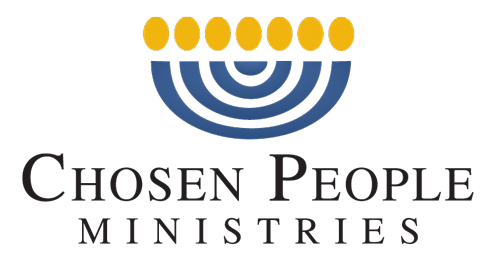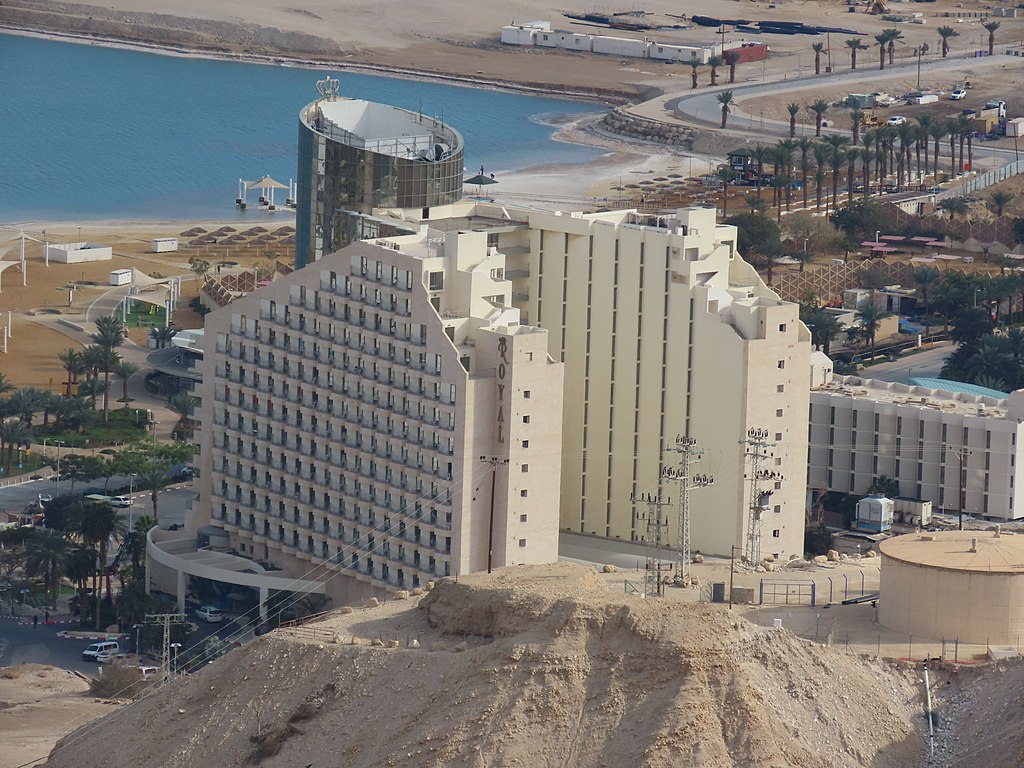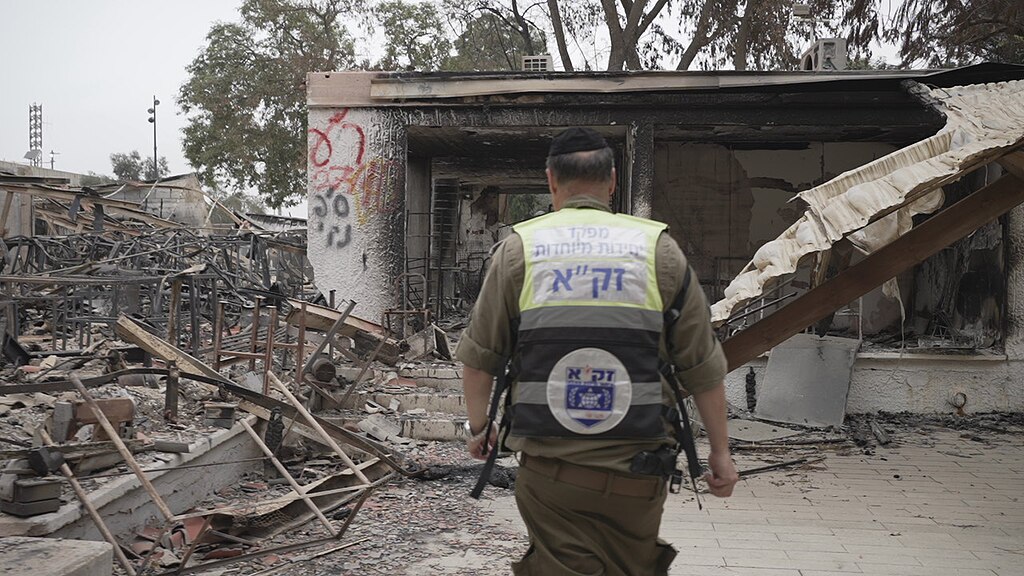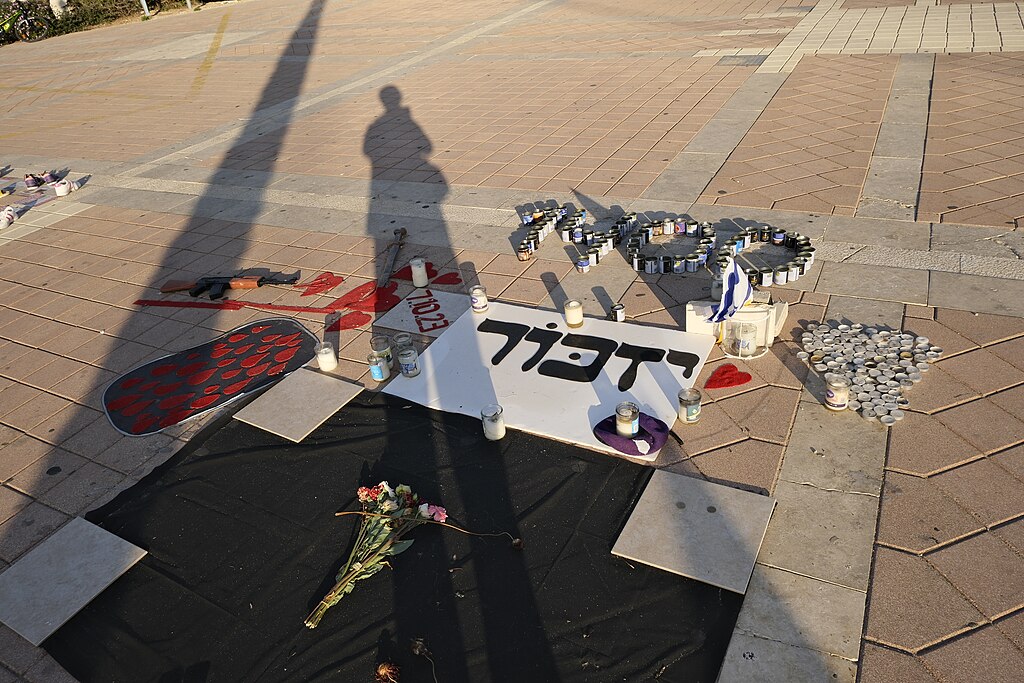 https://www.chosenpeople.com/wp-content/uploads/2024/04/rsz_1pexels-cottonbro-4034017_2-scaled.jpg
1368
2048
cpm
https://www.chosenpeople.com/wp-content/uploads/2020/01/CPM-Logo-small-495x256.png
cpm2024-04-22 13:20:252024-04-22 13:23:32Inside Israel – April 23, 2024
https://www.chosenpeople.com/wp-content/uploads/2024/04/rsz_1pexels-cottonbro-4034017_2-scaled.jpg
1368
2048
cpm
https://www.chosenpeople.com/wp-content/uploads/2020/01/CPM-Logo-small-495x256.png
cpm2024-04-22 13:20:252024-04-22 13:23:32Inside Israel – April 23, 2024Are you ready for a brief history lesson?
Shalom in His grace!
A conference took place in Jerusalem in 1971 called the Jerusalem Conference on Biblical Prophecyand a book was produced entitled, Prophecy in the Making, which included most of the messages given at the conference and was edited by Carl F.H. Henry, who at the time was the most respected evangelist in the United States, other than perhaps Billy Graham.
The speakers at the Jerusalem Conference on Biblical Prophecy represented a broad spectrum of evangelical views on prophecy and the end times. The well respected, W. A. Criswell, who at the time was pastor of the First Baptist Church of Dallas, was a main speaker, along with Dr. Charles Feinberg, the Dean of Talbot Theological Seminary (now the Talbot School of Theology – part of Biola University). Dr. Wilbur Smith, Dr. John F. Walvrood, who at the time was president of Dallas Theological Seminary, Dr. Arnold T. Olson, president of the Evangelical Free Church and Dr. Sam Wolgemuth, the president of Youth for Christ, all spoke as well. These leading lights of American evangelicalism believed in a more premillennial, dispensational approach to scripture.
However, evangelicals who took a different theological perspective on Israel and prophecy were also represented including, Dr. Edmund P. Cloudy, the president of Westminster Theological Seminary, Dr. James M. Houston, a founder of Regent College, Dr. Herman Ridderbos, professor at the Free University of Amsterdam, Dr. John R. W. Stott, Rector of All Souls Langham Place in London and Dr. Harold J. Ockenga, the president of Gordon Conwell Theological Seminary.
It is astounding to think that the leading evangelical theologians of the day attended this conference on prophecy and formed a united front in spite some of their theological differences.
It is also fascinating to take note of the members of the “Call Committee” including John Alexander, president of the Intervarsity Christian Fellowship, Dr. Hudson T Armeding, president of Wheaton College, Dr. James M. Boice, pastor of 10th St. Presbyterian Church in Philadelphia, Pennsylvania, Dr. Bill Bright, president, of Campus Crusade for Christ, Arthur S. De Moss, president of the National Liberty Corporation, Rev. Richard E Halverson, pastor of Fourth Presbyterian Church in Washington D.C., Rev. D. James Kennedy, pastor of Coral Ridge Presbyterian Church, Dr. Paul Smith, pastor of the People’s Church, Toronto, Ontario. Dr. G. Douglas Young, president of the American Institute of Holy Land Studies, hosted this event in Israel.
This list is perhaps a “Who’s Who” of leading evangelicals of this period of time, which was so critical in the life of Israel and of the United States.
1971 was a turbulent year for many reasons. However, it was also a season of heightened spiritual activity as the Jesus movement was in full swing. Undoubtedly, one major part of the sociopolitical conditions that caused so many young adults to be open to the Gospel was the existence of the modern state of Israel and especially the recent victory during the Six-Day War. At the time, Hal Lindsay’s book, The Late Great Planet Earth, was also quite influential, though popular in nature, which may have been the reason why Lindsay was not one of the speakers. Notably missing from the speakers and the committee are Billy Graham, Jerry Falwell and Pat Robertson. All three of these leading evangelicals during this same time were very pro-Israel, but for one reason or another they did not participate in the conference.
Other than Billy Graham, the ministries of Falwell and Robertson, who would become two of Israel’s greatest evangelical supporters, were still in an embryonic stage – compared to the influence both of these men would gain in the decades to follow.
In his book, Evangelicals and Israel: The Story of American Christian Zionism, Stephen Spector, Professor of English Stony Brook University, describes the history of evangelical Christian support for Israel and views this conference as a turning point in evangelical relationships with Israel.
He writes,
Premillennialist’s interest in Israel increased dramatically after the Six-Day War, and Israeli officials encourage this friendship. Many evangelicals believed that God fought alongside Israel and it’s dramatically quick victory – in stark contrast to the United States quagmire in Vietnam. Ben-Gurion, maintaining his connection with Christian Zionists after retiring from office, addressed the group of 1,400 Christians at the Jerusalem Conference on Biblical Prophecy in 1971. It’s organizer, a Pennsylvania minister named Gaylord Briley, promoted the conference as “a ringside seat at the second coming.” Undeterred by this overtly Christian theology, the Israeli government provided the Jerusalem convention center free of charge as the conference site. Ben-Gurion was the highlight of the event, welcoming the participants and stressing that Israel is the land of the Bible. The former Prime Minister evidently remained fascinated by Christian Zionism until his death. When he died in 1973, Hal Lindsey’s Late Great Planet Earth was on his reading table.1
Spector concludes,
This Bible prophecy conference helped spur the large-scale evangelical tourism of Israel which remains crucial to the Israeli economy today. The Israeli Ministry of tourism brought hundreds of evangelical pastors to the Jewish state at no charge. A number of them were deeply impressed by the experience and started their own Holy Land tours.2
Certainly, this great conference held in Jerusalem was a product of its day. However, we should not underestimate the influence the conference had on the American evangelical church in shaping the everyday attitudes of Evangelicals about Israel. The second coming of Christ was the focus of the conference and the role of Israel was a primary, yet secondary concern. It was a day when evangelicals loved the Bible, expositional preaching, prophecy, and bringing the words of scripture to bear on current events. In some ways, this event became a flashpoint for the social and political engagement Carl Henry espoused during the course of his ministry.
Admittedly, conditions have changed in the Middle East, within the nation of Israel and the global evangelical movement. Yet, the scriptures never change and the hope evangelicals have for the soon return of the Messiah Jesus, although intensified because of world conditions in some areas, is in dire need of re-ignition for North American and Western evangelicals.
This great conference should be repeated today! And if not a conference of this nature – then the attitude behind the conference needs to be replicated. I sometimes think that with all that is going on in our world and because of the every day pressing needs of those the Lord has entrusted to our care, that we have not emphasized the Blessed Hope we have of our Lord’s soon return!
When was the last time you preached on the Second Coming in a way that helped the saints start to live like it could happen today? Something to consider?
To help your preaching on the second coming…we have decided to provide a one time offer and we would be happy to send you one free copy of The People, the Land and the Future of Israel, a 300 plus page book edited by myself and Dr. Darrell Bock. You can keep it or put in your church library.
Rejoice – things will not stay the same because He is coming again!
Your brother,
Mitch
Endnotes:
1. Evangelicals and Israel: The Story of American Christian Zionism
Stephen Spector, Oxford University Press, 2008 p.145-146
2. IBID






